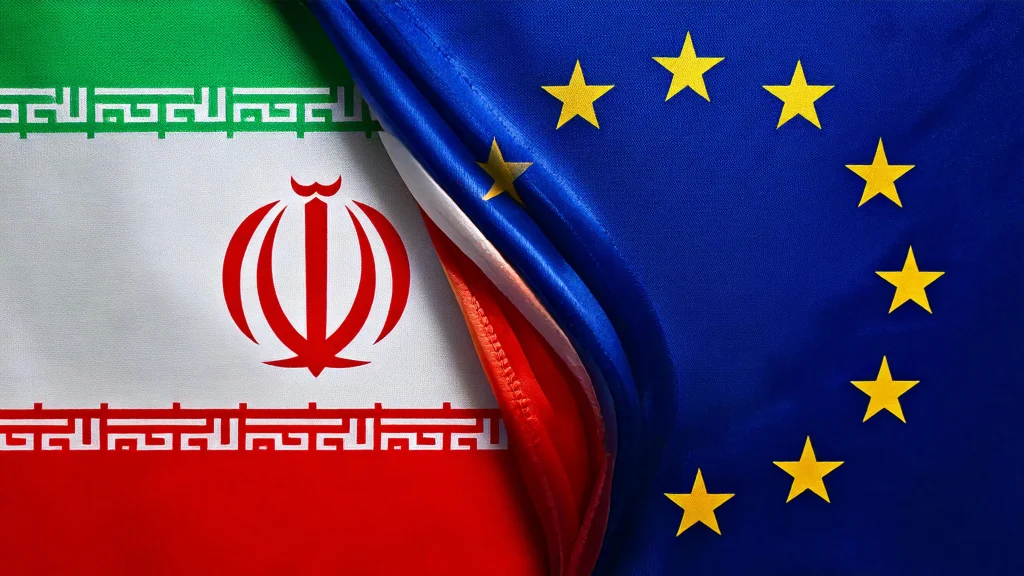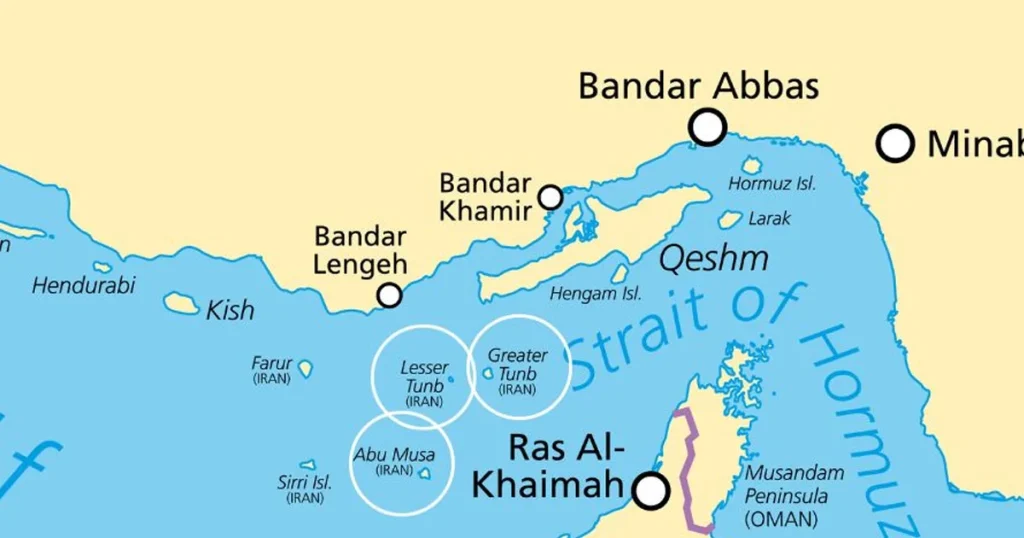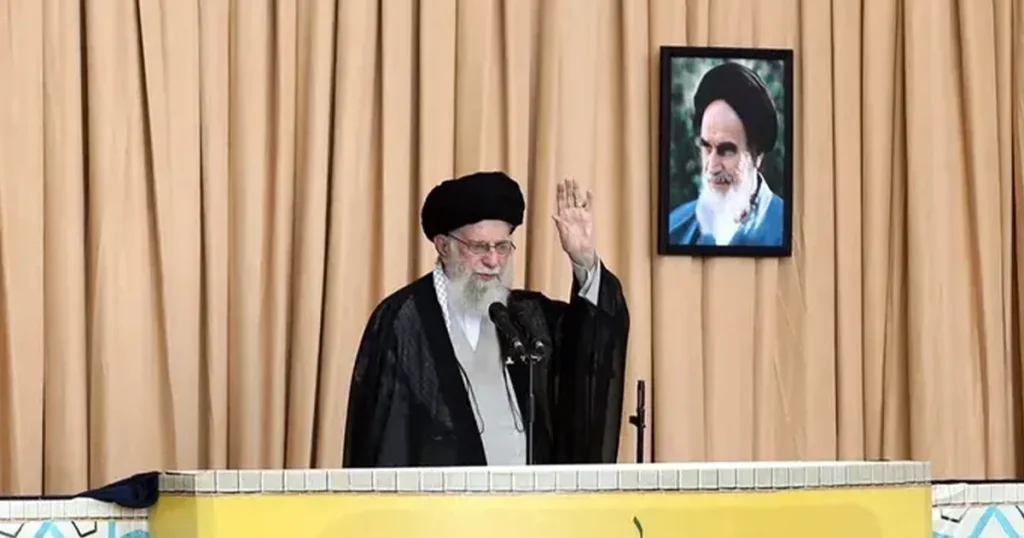In a harrowing tale that underscores the brutal reality of the Islamic Republic’s repression, dissident director Bahare Lelahi met a tragic end while in custody of the Islamic Revolutionary Guard Corps (IRGC). Her death, shrouded in secrecy and marked by deceit, reveals the lengths to which the regime will go to silence dissent and maintain its stranglehold on power.
The Life and Legacy of Bahare Lelahi
Bahare Lelahi was more than just a filmmaker; she was a voice for the voiceless, using her art to shed light on the injustices faced by many under the Islamic Republic. Her films often explored themes of freedom, human rights, and resistance, making her a target for a regime intolerant of dissent. Lelahi’s work resonated deeply with those yearning for change, earning her both acclaim and the ire of state authorities.
Arrest and Mysterious Disappearance
Lelahi’s troubles with the regime intensified following her brief detention during the nationwide protests in 2022. These protests, sparked by the death of Mahsa Amini in police custody, saw a brutal crackdown by the regime, resulting in over 550 deaths. Lelahi’s outspoken nature and her participation in these demonstrations marked her as a threat.
In March 2023, Lelahi disappeared under suspicious circumstances. Her family and friends were left in the dark, with no information on her whereabouts or well-being. This period of uncertainty was agonizing, as the regime has a notorious history of making dissidents “disappear.”
The Grim Revelation
After months of silence, Lelahi’s family received devastating news from the police: Bahare Lelahi was dead, and her body had been buried in secret at Bibi Sakineh Cemetery in Karaj, near Tehran. This revelation came with a demand for money in exchange for the burial location and strict instructions to keep her death quiet.
The secrecy and coercion surrounding her death point to a state-sponsored killing, a conclusion supported by human rights activists. The IRGC’s efforts to cover up the incident and intimidate the family into silence are characteristic of its broader strategy to suppress dissent through fear and violence.
The Broader Context of State Repression
Lelahi’s death is not an isolated incident but part of a systematic campaign by the Islamic Republic to eliminate opposition. The IRGC has a well-documented history of using torture, extrajudicial killings, and enforced disappearances against dissidents. Prisons and detention centers, particularly those controlled by the IRGC, have become notorious for their inhumane conditions and the rampant abuse of inmates.
Human rights organizations, including Amnesty International, have repeatedly called out the Islamic Republic for its gross human rights violations. However, the regime has consistently denied any wrongdoing and obstructed international investigations into its detention facilities. The lack of accountability and transparency has only emboldened state agents to continue their oppressive practices with impunity.
The Role of the IRGC
The IRGC, a paramilitary force with immense power within the Islamic Republic, plays a central role in the regime’s machinery of oppression. Its involvement in Lelahi’s death is emblematic of its broader strategy to crush any form of dissent. The IRGC operates with near-total impunity, engaging in widespread human rights abuses that include arbitrary arrests, torture, and extrajudicial killings.
The IRGC’s reach extends beyond Iran’s borders, supporting terrorist organizations and engaging in malign activities across the Middle East. This makes it a formidable and dangerous entity, not just for Iranian dissidents but for regional and global security as well.
The International Response and Need for Justice
The international community has a crucial role to play in addressing the injustices perpetrated by the Islamic Republic. Global condemnation and sanctions are necessary but insufficient. Concrete actions, such as targeted sanctions against IRGC officials and increased support for Iranian civil society, are vital to pressuring the regime into changing its ways.
Moreover, platforms like the United Nations must continue to push for independent investigations into deaths in custody and other human rights abuses. The voices of the victims, like Bahare Lelahi, must be amplified to bring global attention to the plight of Iranian dissidents.
Remembering Bahare Lelahi
Bahare Lelahi’s tragic death serves as a stark reminder of the dangers faced by those who dare to speak out against the Islamic Republic. Her legacy, however, lives on through her films and the enduring impact of her courageous defiance. She symbolizes the broader struggle for freedom and justice in Iran, inspiring others to continue the fight against tyranny.
As we remember Bahare Lelahi, we must also commit to supporting the countless other dissidents who remain at risk. Their safety, rights, and voices depend on our vigilance and advocacy. Only through sustained international pressure and solidarity can we hope to see an end to the Islamic Republic’s reign of terror and the dawn of a freer, more just Iran.
Conclusion
Bahare Lelahi’s death in the custody of the IRGC is a grim testament to the Islamic Republic’s relentless persecution of dissidents. Her story highlights the urgent need for international action to hold the regime accountable and protect those who bravely challenge its authority. By honoring her memory and continuing her fight, we can strive towards a future where the voices of the oppressed are heard, and justice prevails.
It is imperative that the European Union and the United Kingdom recognize the IRGC for what it truly is—a terrorist organization. Proscribing the IRGC in its entirety will send a strong message that the international community stands with the Iranian people in their struggle for freedom and justice.






